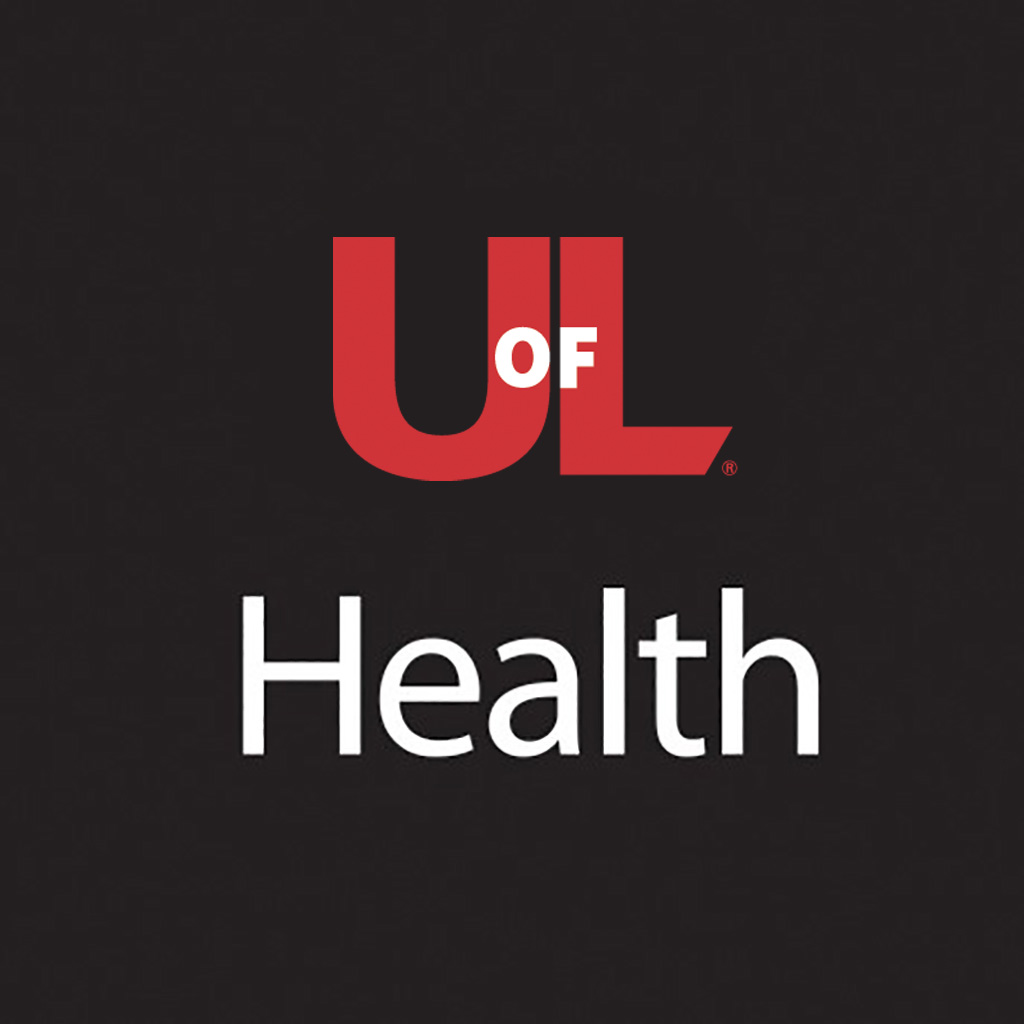Ashley Clayton Kay’s pregnancy was perfect, but after a rough night during her third trimester, still more than two months from her due date, it took a drastic turn. Now her advice to pregnant women and their partners: Trust your instincts.
Ashley never felt very sick during pregnancy, she attended prenatal classes and by all definitions it appeared her pregnancy was running smoothly. After a sleepless night due to upper back pain, her husband, Matthew, urged her to skip work and see if her OB/GYN check-up could be moved up a day.
Her appointment revealed high blood pressure. Had that been all, she probably would have been placed on bedrest; however, once her blood pressure wasn’t responding with medication either, an exam showed she was developing HELLP syndrome.
HELLP syndrome is a life-threatening pregnancy complication usually considered to be a variant of preeclampsia, according to the Preeclampsia Foundation. It affects the liver and blood, and is fatal if left untreated. HELLP stands for:
- H (hemolysis, the breaking down of red blood cells)
- EL (elevated liver enzymes)
- LP (low platelet count)
About 5 to 8 percent of pregnant women in the U.S. develop preeclampsia, and an estimated 15 percent of those women will develop evidence of HELLP syndrome. One of the symptoms is upper right side pain due to liver distention, which is what Ashley was experiencing.
“So my advice to pregnant women and their partners is this: Trust your instincts. Don’t go to work if you don’t feel right. Take your partner to the doctor. If it turns out to be nothing, it was still a day well spent,” Ashley said.
Most often, the best course of treatment for HELLP is delivering the baby. Ashley was sent to UofL Hospital and by 7 p.m. that night, about six hours after Ashley’s appointment time, doctors decided to do a C-section.
Ashley said, “When you’re pregnant, that’s not the scenario you imagine. You imagine how the labor is going to go and if you’re going to get an epidural or not.”
“I had zero qualms about having a C-section. In fact, the biggest surprise was the fact that I was about to have a March baby. We were so prepared for a little June bug! He would not be the big, boisterous summer baby I had imagined while he kicked me constantly… he would be a tiny spring garden gnome whisked off to the NICU as soon as I gave his little forehead a kiss.”
Baby William was born at 29 weeks, six days. He spent 56 days in the neonatal intensive care unit (NICU) at UofL Hospital’s Center for Women & Infants.
“I’m glad I hadn’t spent my pregnancy reading all the horror stories or poring over all the rare syndromes. Because when it comes right down to it, no advice replaces the notion that you should simply go to the hospital when you don’t feel right. There’s no real secret. HELLP would have happened to me no matter what we read, how many avocados I ate, what we put on the baby registry or how much we prepared for a premature baby,” Ashley wrote in her blog documenting the experience.
She wrote, “Any sadness we have felt from the experience has only come from the distance a premature birth put between us. No one imagines leaving the hospital without their baby. Nobody prepares themselves in the beginning for saying goodbye to their child every day, week after week, month after month. That’s something parents anticipate for starting daycare or the first time baby stays with grandparents or the first day of kindergarten — not the first day their baby is born.”
William went home after spending 56 days in the NICU. He will be two at the end of March.
Ashley, who is a mental health counselor with an master’s in counseling with certification in expressive arts therapy, turned to writing as a therapeutic endeavor. She wrote and illustrated a children’s book about her experience with a baby in the NICU titled “Little Alfredo the Green Tomato.”
She looked for NICU books and found plenty of journals and those dealing with the trauma of it or books geared toward siblings, but no children’s books.
“We had a smooth experience in the NICU and didn’t experience the setbacks that other families have. I was devastated when he got an infection, so I can’t imagine how families go through even harder experiences,” Ashley said.
Solita sunflower, a repeating character in the book, is a tribute to the babies who don’t make it, which is further emphasized by the poem at the back of the book, also written by Ashley:
“Good morning to the little ones
Who need more time to join this world;
Whose skin is thin and limbs are weak,
Whose leaves have yet unfurled.
Good afternoon to the little ones
Who arrived too short and lean,
Who dropped from vines too early –
Inside and out, too new, too green.
Good day to the little ones
Whose branches need a brace
Who depend on many gardeners
To help them set their pace.
Goodnight to the little ones,
Those lost against the blight,
Whose heartfelt songs are briefest heard –
We remember your life, your light.”









